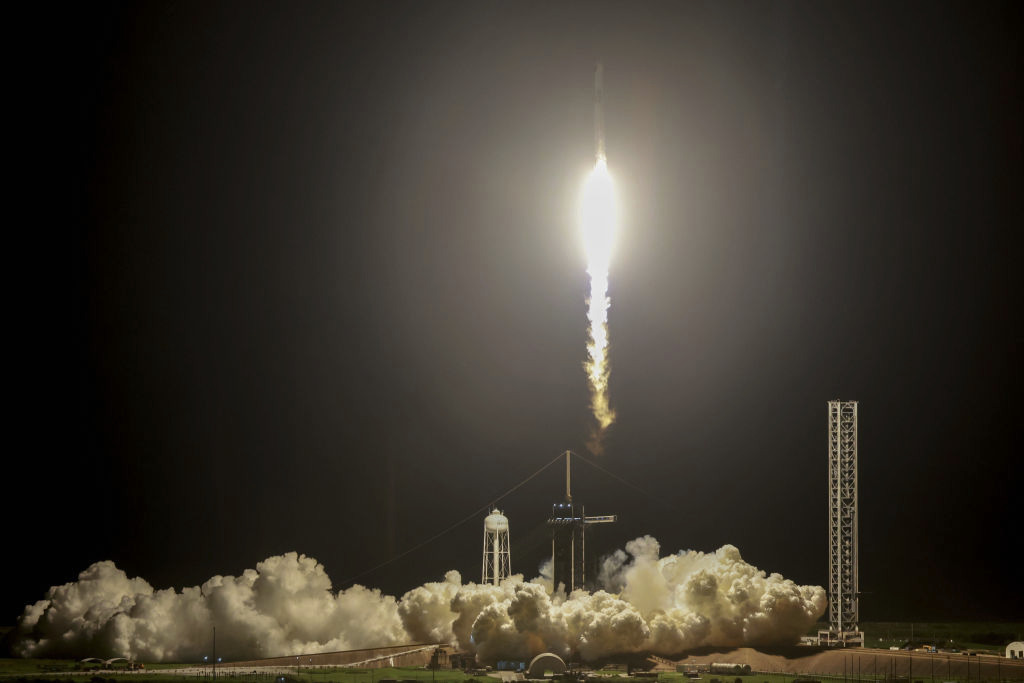
Tourism to foreign lands broadens our personal horizons and builds bridges among nations.
Space tourism?
Not so much.
While over 600 brave men and women representing their respective nations have undertaken the dangerous task of space exploration since 1961, their challenge ranged from determining whether it was even possible to live in space to creating an orbiting habitat that would allow experimental science to flourish. Placing an American flag on the moon in 1969 was not only an extraordinary achievement for all humankind but a reminder of the technological leadership of a great nation.
Space travel remains a dangerous endeavor, yet over the last decade space tourism has come into vogue. It allows the uber-wealthy to claim astronaut wings for no other purpose than to achieve unique bragging rights at their next Hamptons lawn party.
The latest chapter in space tourism recently occurred as a billionaire conducted the first space walk by a private citizen, outside a Space X capsule. Dubbed, "Polaris Dawn" its crew of three orbited the Earth, at times as far away from our planet's surface as 870 miles. The stated purpose of "Polaris Dawn" is to pass through the "the Van Allen radiation belt to study the health effects of space radiation and spaceflight on the human body."
They are late to the game.
That radiation belt has been under study since America sent its first satellites into orbit in the late 1950s.
Space exploration is one of the most significant scientific achievements in modern history. Conducting research in orbiting space stations has the means to create breakthroughs in medicine, technology and climate research. It is worthy of a nation's investment in creating satellites and spacecraft that will allow us to continue our quest for knowledge. There are decades of scientific achievements and innovations deployed on earth thanks to research conducted in space. And perhaps one day mankind will, in fact, colonize the moon or another planet based on research conducted in space in this century.
But we should be honest with each other in discussing space tourism. It has little to do with advancing our shared knowledge of the world around us or bettering the human condition. It is about a select few who have chosen to spend their own money on boarding a Space X capsule for the purpose of gazing out at the world beneath them and observing that our blue planet is indeed wondrous. That's their choice. It's their money. But it would be better if they paused and acknowledged "their achievement" was secured through decades of hard work by anonymous engineers and technicians and the sacrifices of those who died in the pursuit of achieving one of mankind's most amazing of accomplishments, space travel.
Lawrence Kadish serves on the Board of Governors of Gatestone Institute.


